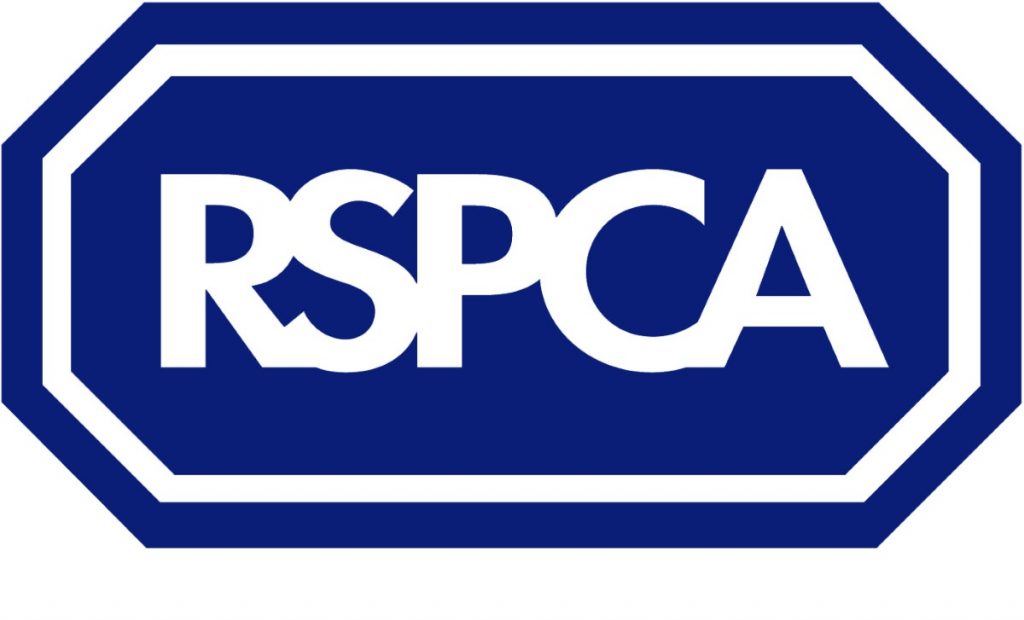RSPCA: Six orphaned polecats are being prepared for the wild
Six orphaned polecats, who were found in a storage space under a conservatory in Stockport with their dead mother, have been successfully rescued and transferred to Stapeley Grange Wildlife Centre for weaning and will be returned to the wild later in the year.
The kits, who are now 6 weeks old, will be kept in a large outside enclosure with minimum human handling from staff until the beginning of September. This is the traditional time when kits born in the spring start to leave their mother to find their own territories.
Debra Naden’s husband found four of the polecats mewing on the back lawn of their house in Poynton near Stockport in Cheshire on a sunny day at the end of May. He had left the door of the storage area under the conservatory open two days before after discovering a bad smell and a cloud of blue bottle flies when he went to retrieve his barbeque.
Debra said: “They looked hungry and were mewing frantically so I rushed into the house and found some ham which was used to lure the four kits out, that’s when the RSPCA Inspector arrived to help and to take them away for specialist care.
“The Inspector investigated the storage area and found their dead mother and one dead kit but was convinced she could hear at least one more so we left food down and waited for an hour or so and another came out. It wasn’t until some smelly cat food had been left out that, late in the evening, the sixth and last kit emerged and we captured it.”
The wildlife experts at Stapeley Grange in Cheshire have a lot of experience with polecats as the centre is located in one of the areas where they appear to be doing well.
Lee Stewart, Wildlife Centre Manager, said: “The kits will be with us until September; in the mean time we will identify a suitable release site. They will stay in their outside run until their release, at which point they will be transferred out to a purpose built release cage.
“They will remain in the cage for two weeks giving them time to acclimatise to their new surroundings.
“Following their release, the team will continue to feed the polecats for a further two weeks, slowly reducing the amount provided.
“Post release monitoring of orphaned polecats using radio collars, by the team at Stapeley (1), has shown that rehabilitating orphaned polecats does work and gives them a second chance of a life back in the wild.”
Notes
You can see a lovely film of previous orphaned polecats being looked after at Stapeley at this address:
http://www.youtube.com/watch?v=DsBHBn7sOfw
(1) Kelly, A., Scrivens, R. and Grogan, A. (2010). Post-release survival of orphaned wild-born polecats (Mustela putorius) reared in captivity at a wildlife rehabilitation centre in England. Endangered Species Research 12, 107-115
— Pole cats were driven to the brink of extinction in Britain early last century after persecution by farmers and gamekeepers. They were limited to a small area of Wales, but can now be found throughout Wales, the Midlands and central southern England and parts of Scotland.
— They live around five years in the wild
— They are solitary and mainly nocturnal
— They prefer lowland areas such as valleys and farmland with hedgerows and small woods
— They mark their territories with a foul smell from the scent-glands at the base of their tail. In Shakespearean times, the word ‘polecat’ was used to describe someone with an equally unpleasant character.
RSPCA, Wilberforce Way, Southwater, Horsham, West Sussex RH13 9RS
Press office direct lines: 0300 123 0244/0288 Fax: 0303 123 0099
Duty press officer (evenings and weekends) Tel 08448 222888 and ask for pager number 828825
Email: press@rspca.org.uk Website: www.rspca.org.uk





-01.png)